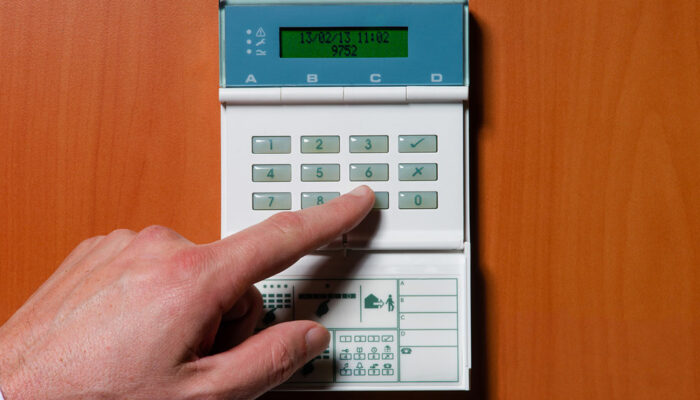home security
8 ways to protect oneself from home title theft
Home title theft is an increasingly prevalent form of identity theft and fraud, putting homeowners at significant financial risk. This type of theft occurs when a malicious individual gains unauthorized access to one’s property’s title and makes fraudulent changes, potentially leading to severe consequences for the rightful homeowner. Therefore, homeowners must employ various strategies to protect one’s home from this growing threat. Here are some practical ways to safeguard against home title theft. What is a home title? Home title is also called deed fraud or property title fraud. In real estate, a home title is one of the most important legal records establishing one’s ownership rights to a specific property. A title document contains essential information about the property, including its boundaries, ownership history, and any mortgages or liens, and is recorded with a government authority. One must produce this document for property-related transactions, including renting out, sales, loans, or mortgages. Can a home title be stolen? Yes, there are different ways that fraudsters can infiltrate the property title system and gain unauthorized access to a homeowner’s property title. They can then transfer ownership of the property, take out loans against it, or sell it without the owner’s consent.
Read More 








